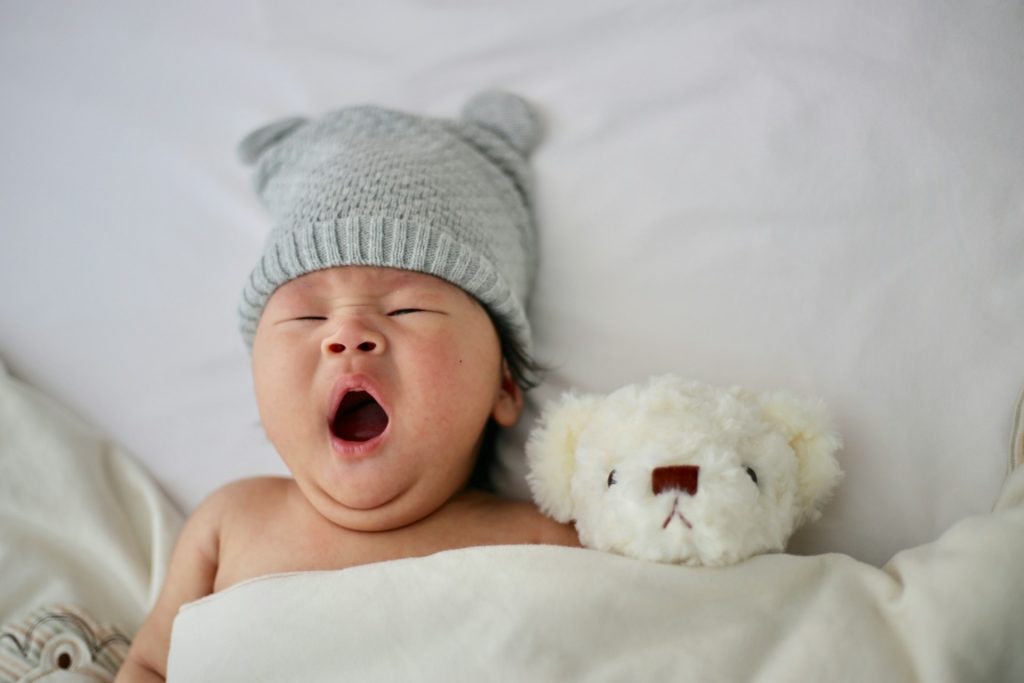
Sleep training is a sensitive, complex topic. Some parents and experts swear by it and extol the benefits of allowing babies to self-soothe. Others believe that letting babies “cry it out” could create attachment issues and increase infant stress. To help you decide how to handle bedtime, let’s dive into some of the studies that show the long-term effects of sleep training.
What Is Sleep Training?
Before we dive into the studies, it’s important to understand what sleep training is. Sleep training is an umbrella term that encompasses many different types of bedtime routines. These run the gamut from shutting the door and letting babies “cry it out” to sleeping next to their crib. This method is often referred to as “camping out” in the baby’s nursery. Some sleep training methods recommend checking on your child at regular intervals or if they cry for too long.
The fact that there are so many sleep training methods can make it difficult for researchers to compare all of them. It’s possible that the type of sleep training you use may affect your baby’s long-term outcomes.
Effects of Sleep Training
Health of the Parents
One of the most positive long-term effects of sleep training is the health benefits this method confers on parents. Obviously, your baby waking up and crying frequently disturbs your sleep, which has negative consequences over time. Studies have shown that depressed moms are more likely to have babies with broken sleep patterns. In this case, sleep training may be beneficial. According to the BBC, mothers of sleep-trained two-year-olds were less likely to be depressed. Ultimately, when parents have better mental health, they’re able to be more responsive, engaged, and effective.
Long-Term Attachment
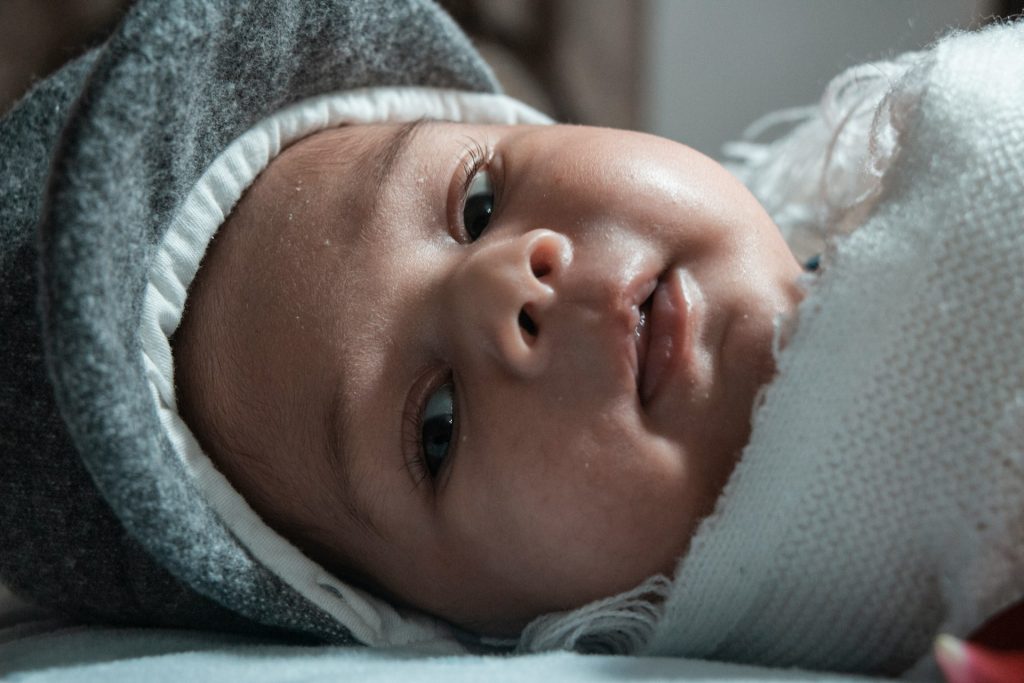
Some experts warn that sleep training could create attachment issues and increase infant stress. However, these claims can be hard to verify because it’s difficult to gauge anxiety in infants. One method used is measuring cortisol, which can be tricky because it naturally fluctuates throughout the day. So experts say to take study results with a grain of salt.
With that being said, a small study found that babies had elevated cortisol levels after sleep training interventions. Plus, in 1998, Harvard researchers discovered that babies who were left to cry could be more susceptible to stress and trauma as adults. However, some longitudinal studies yielded different findings.
Researchers in Australia decided to measure children’s cortisol levels five years later to gauge the long-term effects of sleep training. One group had undergone behavioral intervention as babies, while the other group hadn’t. Since the two groups had no significant difference in cortisol levels, they concluded that sleep training doesn’t make kids more stressed in the long run.
According to the BBC, another long-term study found that sleep-trained babies were no more likely to have attachment or behavioral issues at six years of age than other children. Their sleep patterns and cortisol levels were also in line with expectations.
Short-Term Sleep Improvement
Another benefit of sleep training is short-term sleep improvement. A review of 52 studies found that 80% of children experienced clinically significant improvements from bedtime behavioral interventions. These improvements were maintained for between 3 and 6 months. Parents may need to repeat sleep training to make the results stick long-term. However, these results suggest that it’s an effective way to get your baby to fall and stay asleep, potentially helping the whole family get more rest.
Sleep is a tricky topic because every baby and family is different. What works for you may not work for your friends and vice versa. Ultimately, you have to follow your parental instincts. Experts say that going against them can make you more stressed out, so don’t feel like you have to sleep train just because it’s popular. Whether you prefer to rock your baby to sleep or let them self-soothe, feel free to follow your parental intuition.
Read More

Vicky Monroe is a freelance personal finance writer who enjoys learning about and discussing the psychology of money. In her free time, she loves to cook and tackle DIY projects.









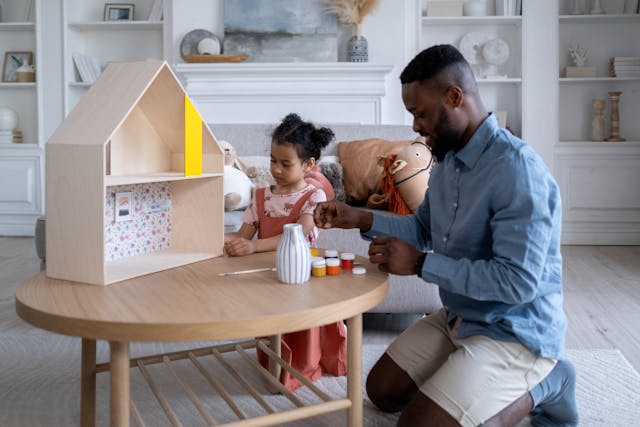
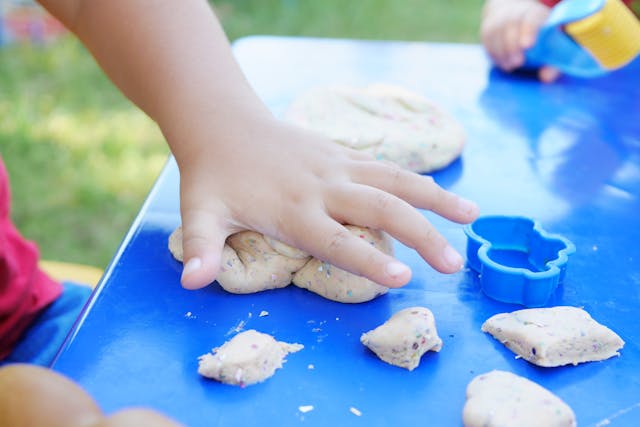
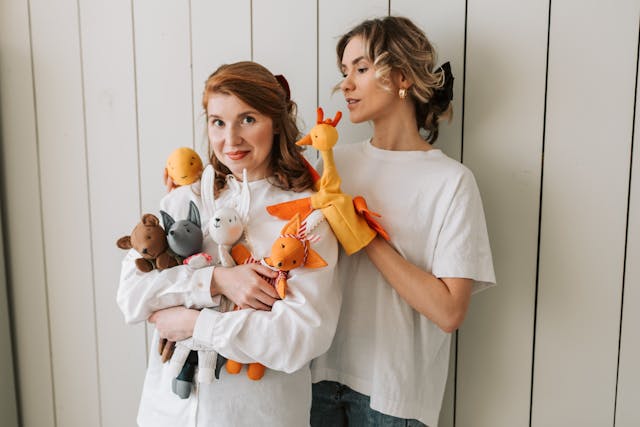


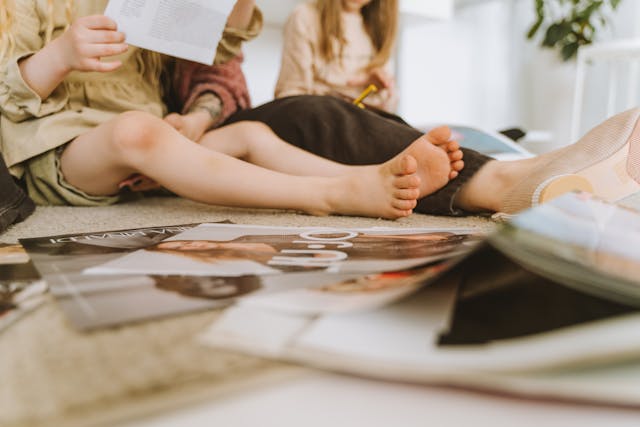
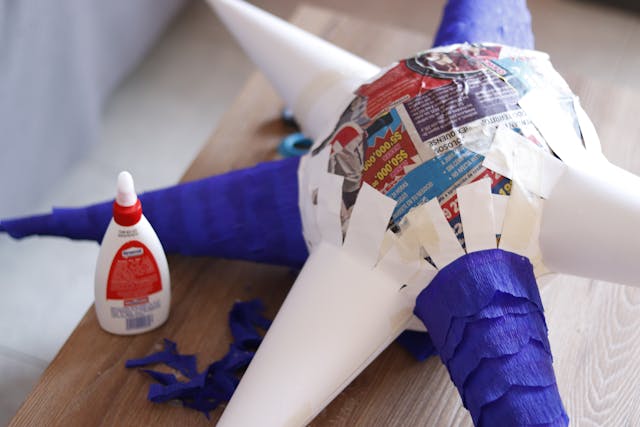

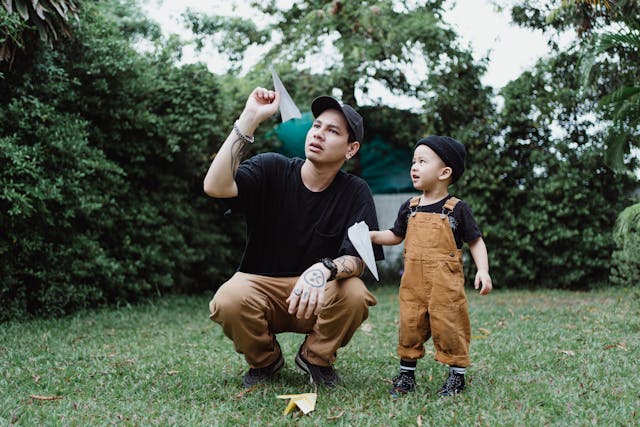
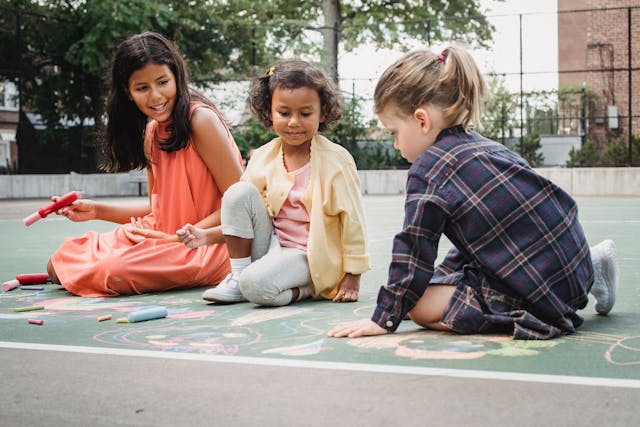
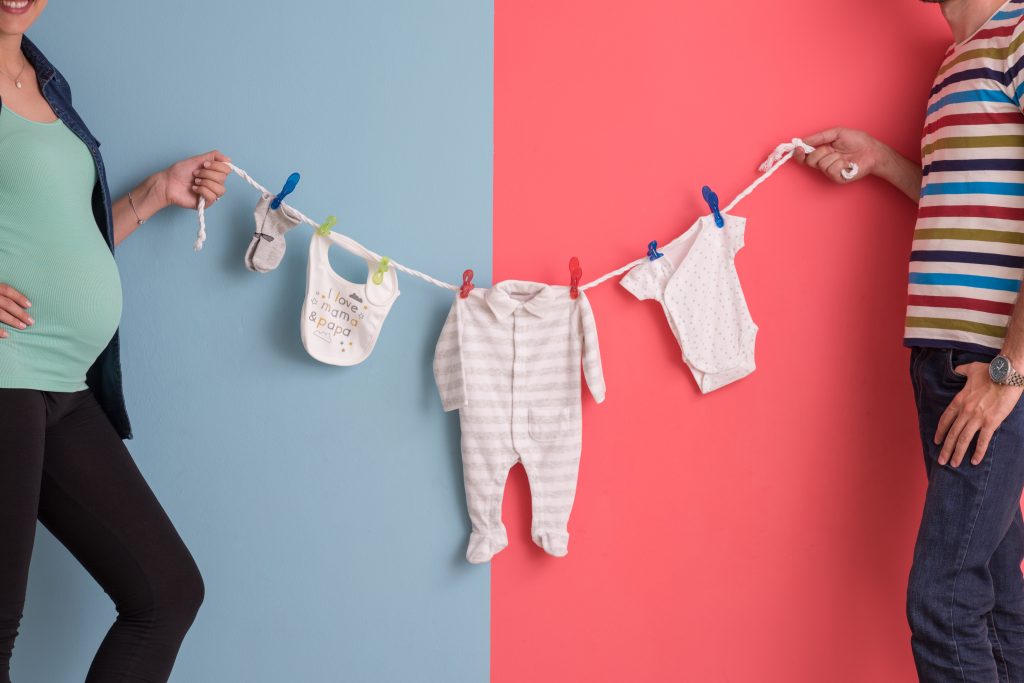



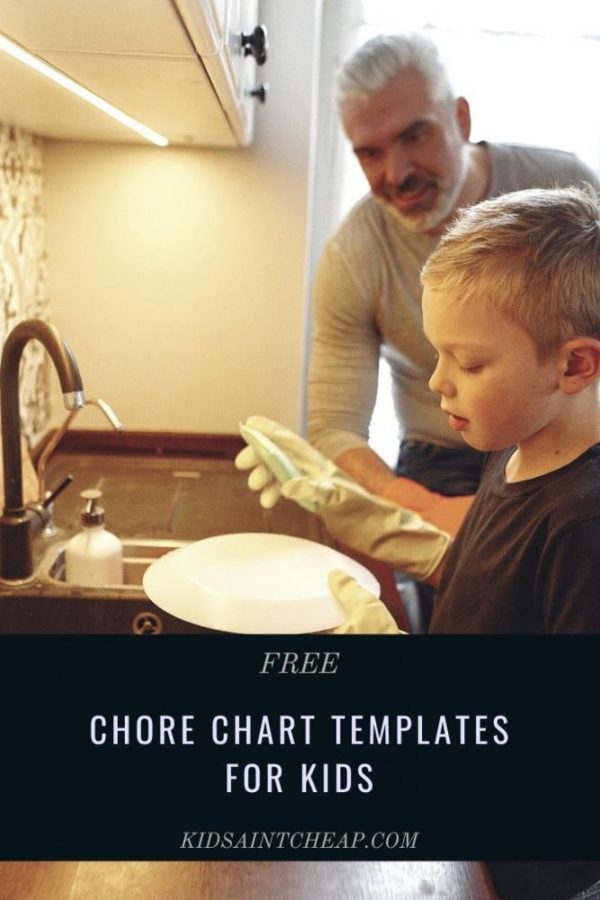




 Ever click on a video with millions of views and wonder how much money that channel is making? Many people, like Justin Beiber, have even risen to celebrity status as a result of Youtube. Others haven’t walked the red carpet but are still raking in millions from their videos. Even kids. That’s why today we’re going to look at a great example: The Kan and Aki Youtube channel income report.
Ever click on a video with millions of views and wonder how much money that channel is making? Many people, like Justin Beiber, have even risen to celebrity status as a result of Youtube. Others haven’t walked the red carpet but are still raking in millions from their videos. Even kids. That’s why today we’re going to look at a great example: The Kan and Aki Youtube channel income report.